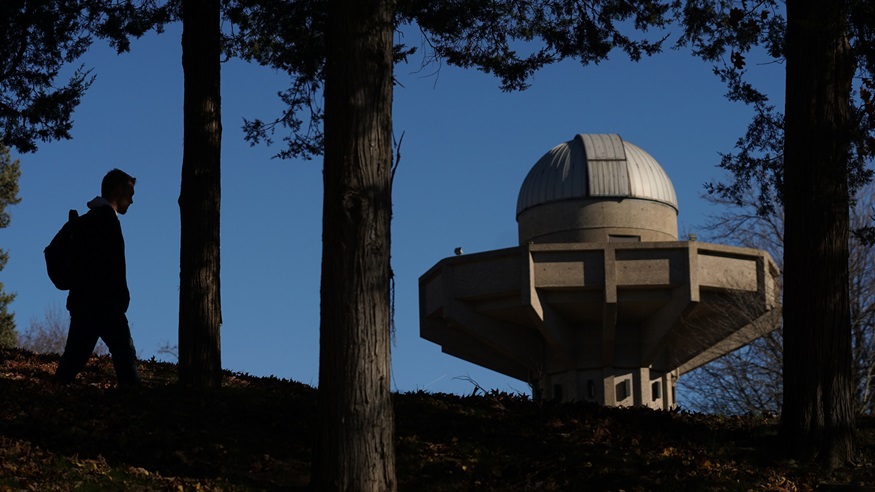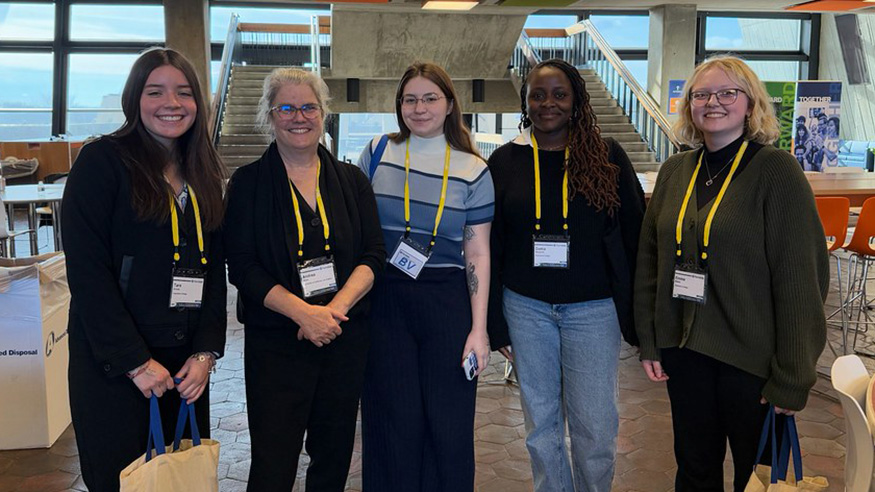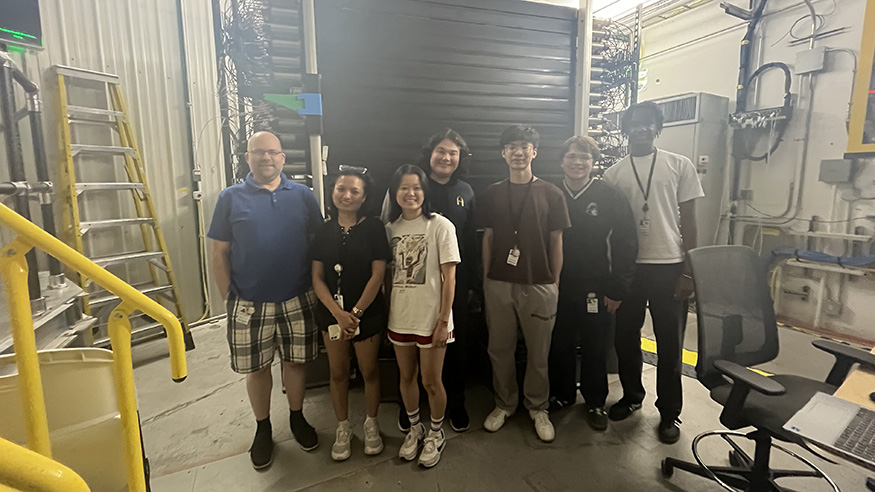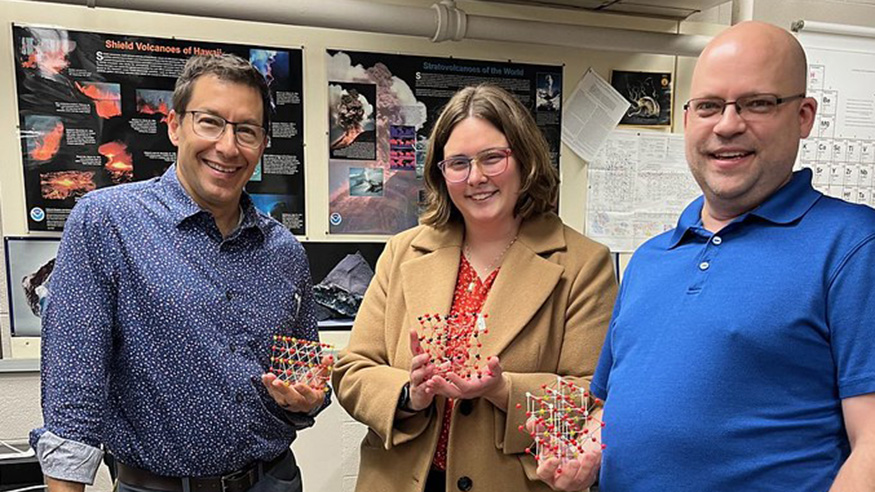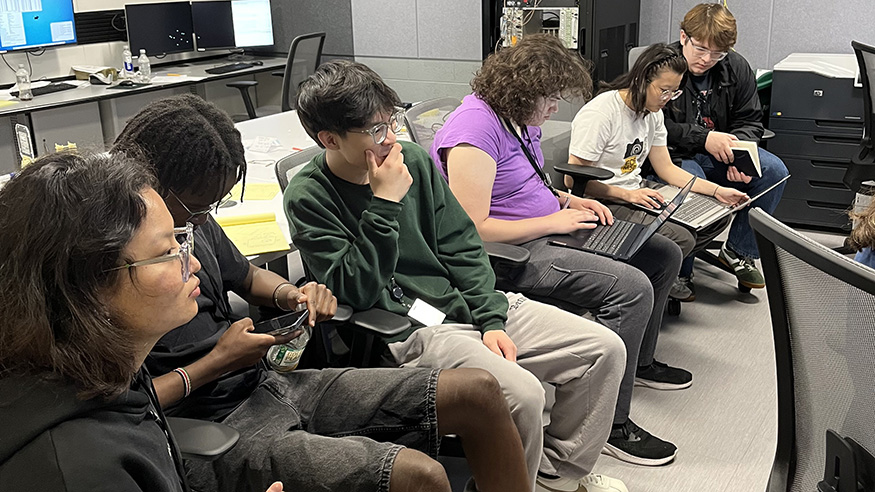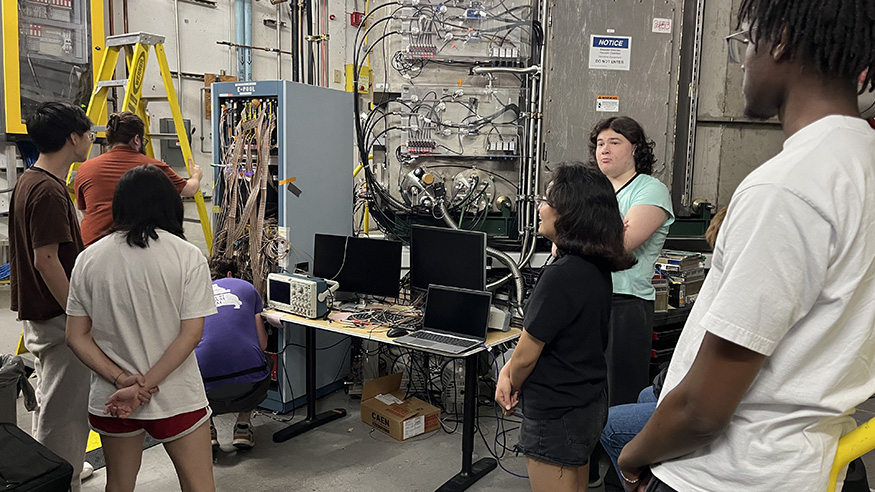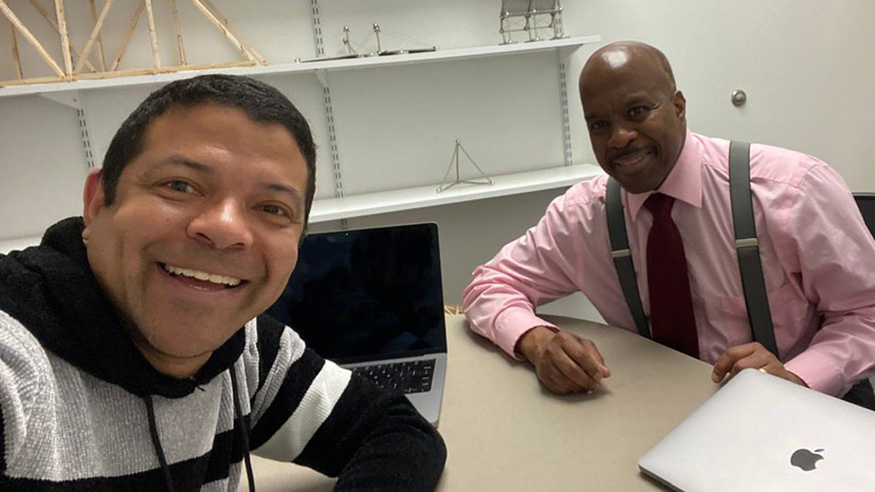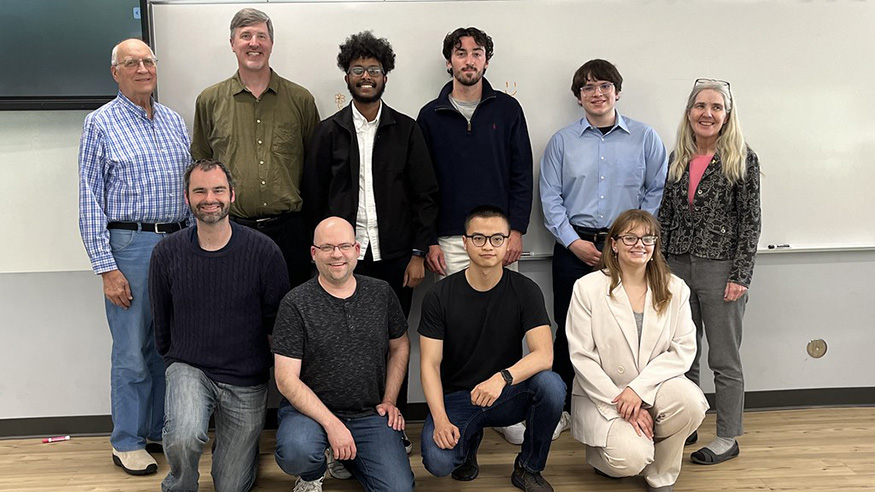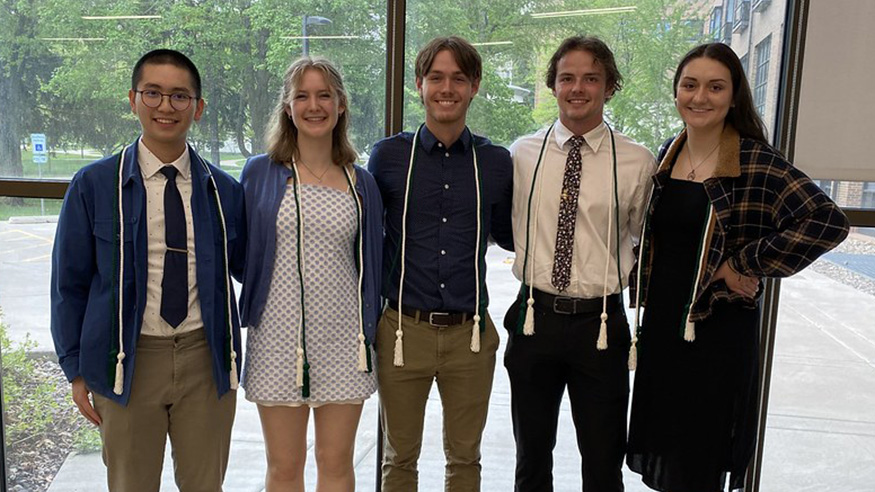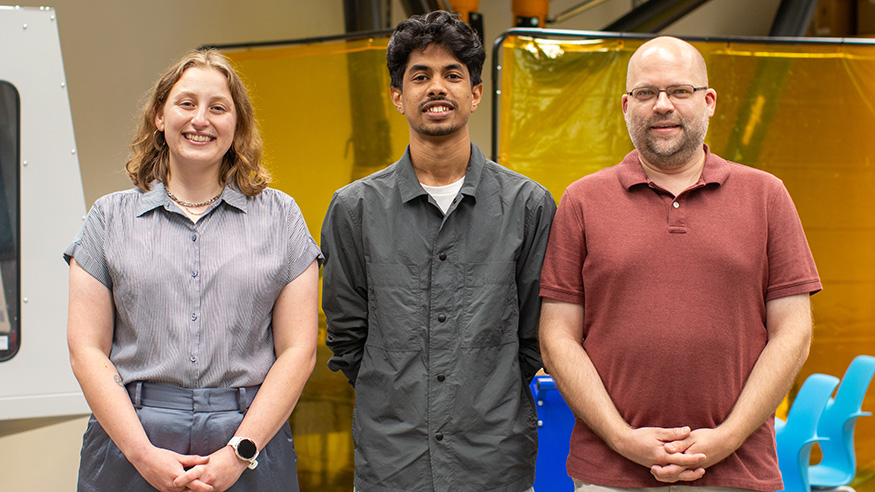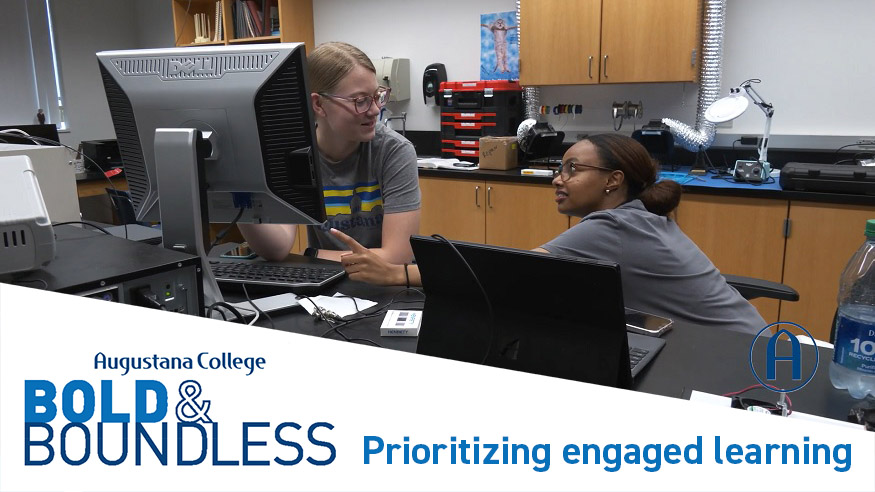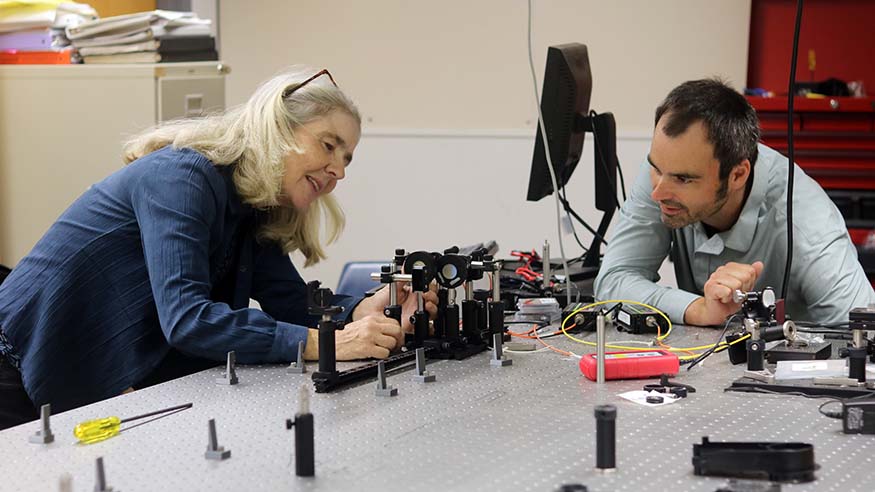If you want to understand the forces of nature — and how to use that knowledge to solve problems — consider majoring in the related fields of engineering or physics.
Our faculty advisors can help you decide which career path is best for you. We offer a General Engineering (Bachelor of Science) program, plus Bachelor of Arts programs in engineering physics, physics or teaching physics.
The faculty are experts in many disciplines, including mechanical engineering, environmental engineering, pulsed laser systems, astronomy, nuclear physics, quantum mechanics and teaching physics.
They take the time to get to know our students and help them identify their own passions. This leads to successful employment or acceptance to graduate school. Augustana students use human-centered design, solve important problems in their discipline, or inspire students in high school physics classes.



